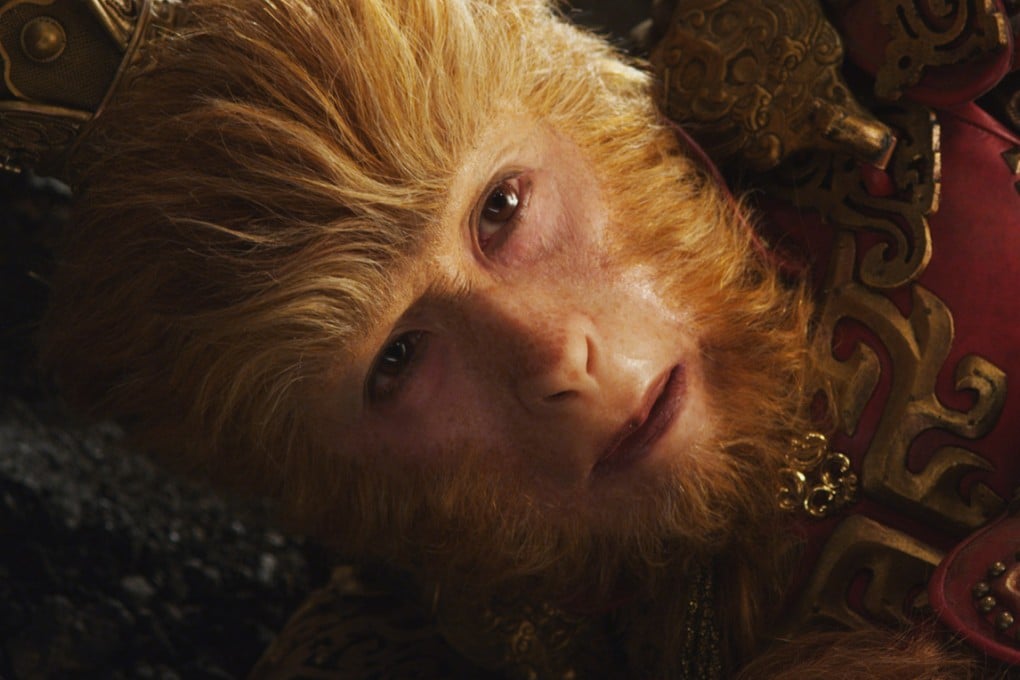Donnie Yen talks about the challenges of his latest role in ‘The Monkey King’
Action icon Donnie Yen suffered for his art under complex face make-up in big-budget epic ‘The Monkey King’

Being both the lead actor and action director of a movie is par for the course for Donnie Yen Ji-dan. After all, the action superstar has appeared in some 60 films and has been the action director on about 20 – many of which he also starred in.
But Yen says doing double duty on his latest film, HK$600 million fantasy epic The Monkey King, took things to a whole new level.
“The Monkey King represents the most enormous challenge of my whole career. There were so many things going on on a daily basis,” says Yen, 50.

“This is a project I started working on a couple of years ago,” he says.
“The reason it’s taken so long is because there’s an enormous amount of post-production involved. You can tell that this is an immense film. It’s a very ambitious movie not only for the Asian film industry but any industry, a very daring and challenging project.”